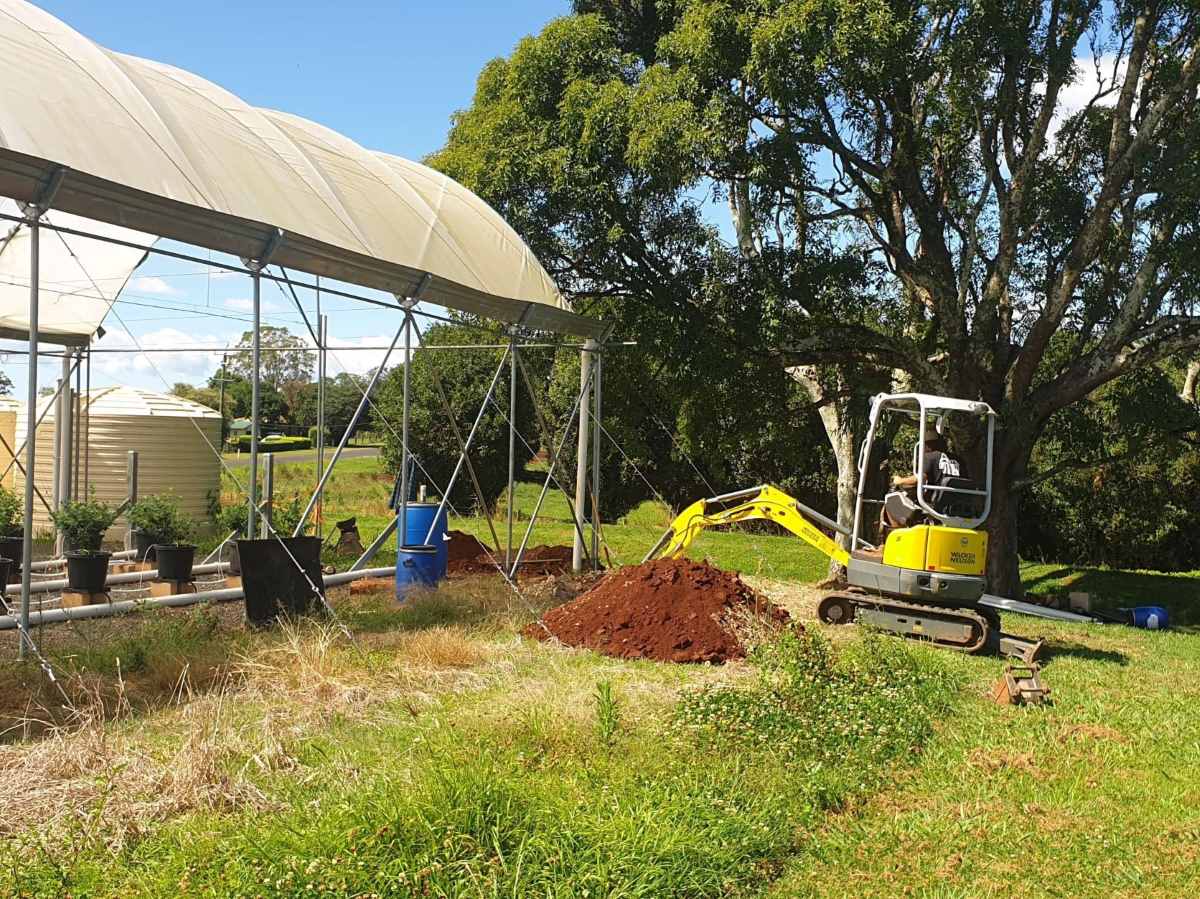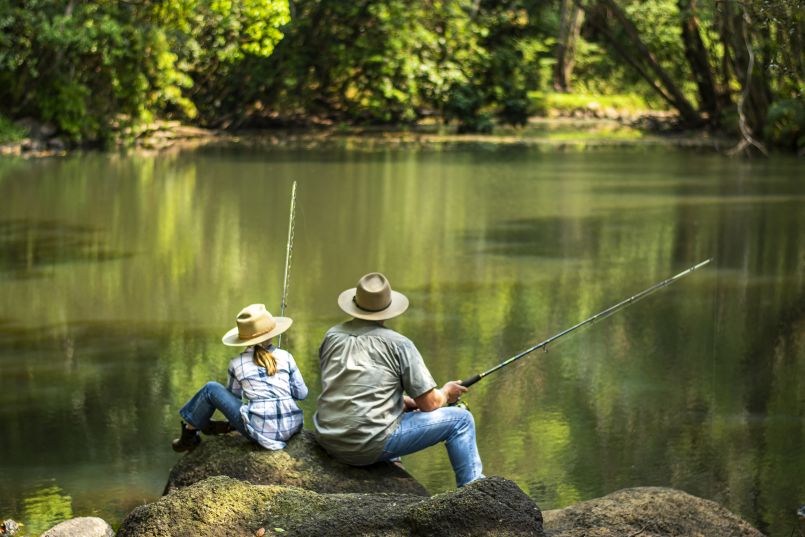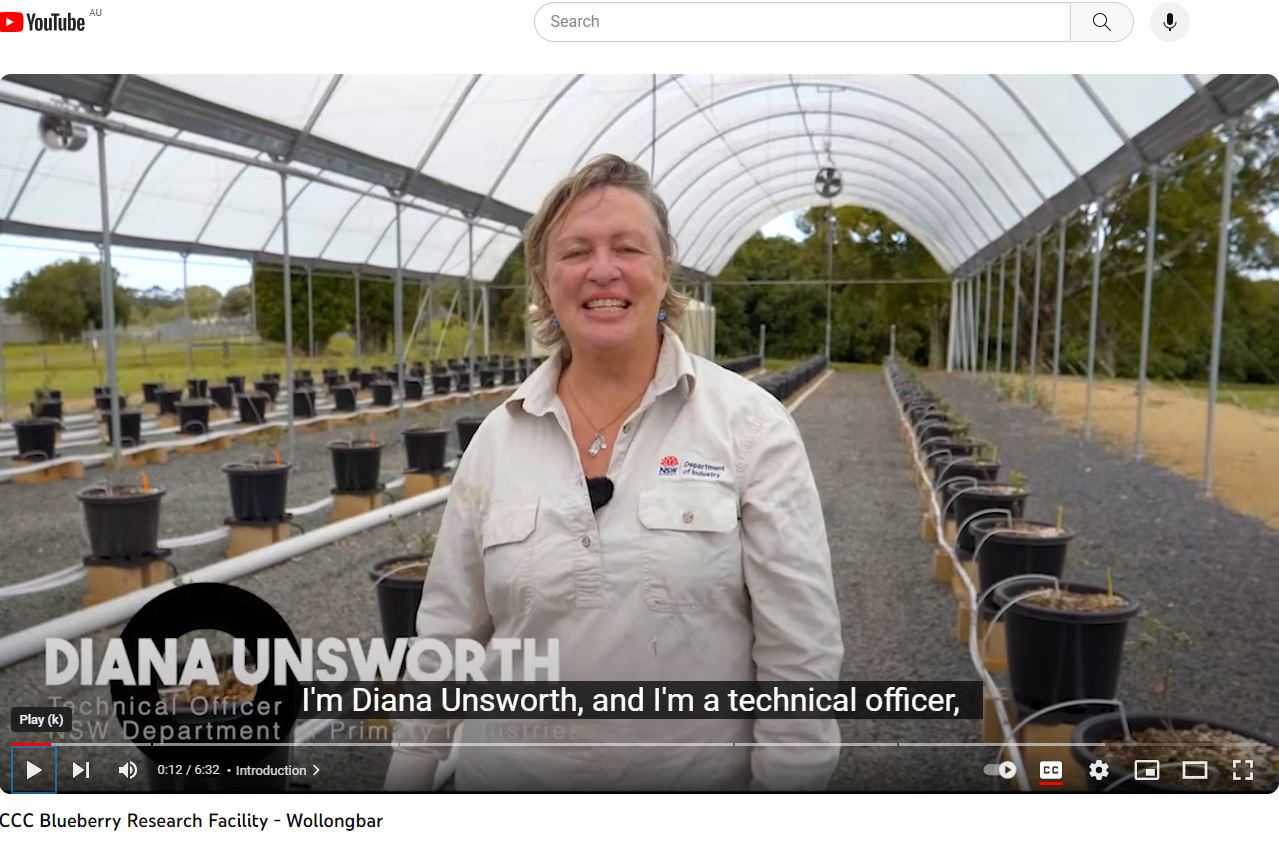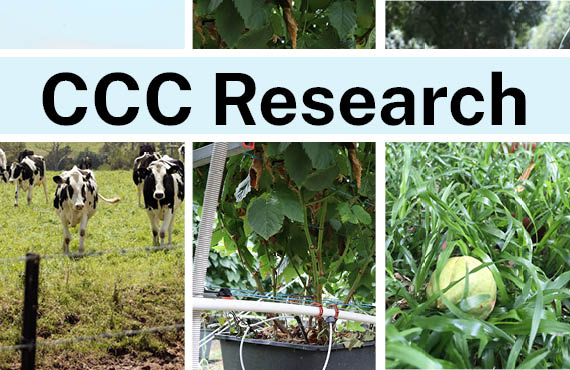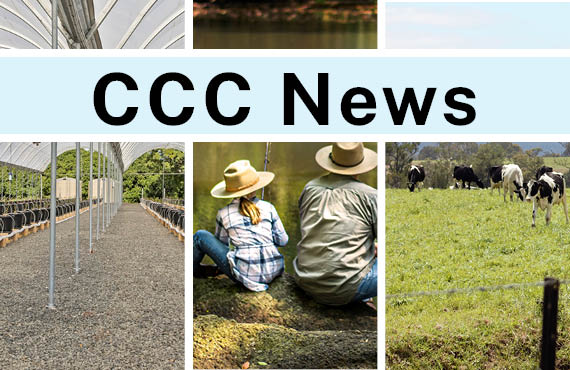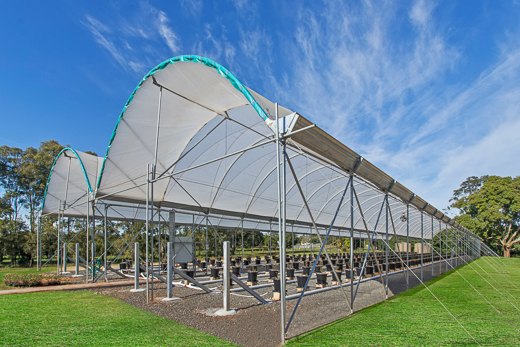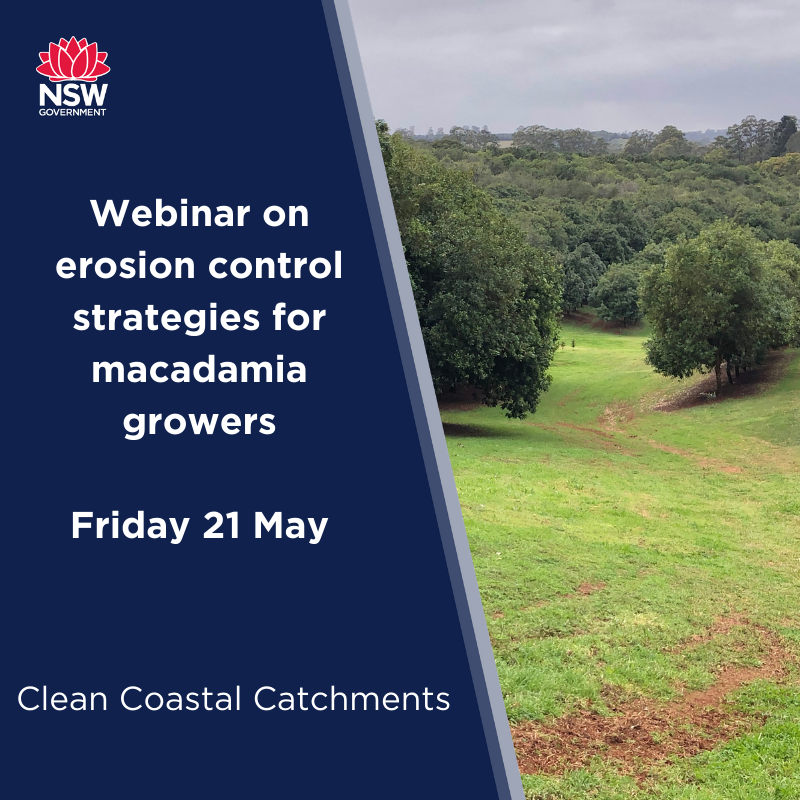Project updates
Growers share benefits of fertiliser recycling
16 June 2022
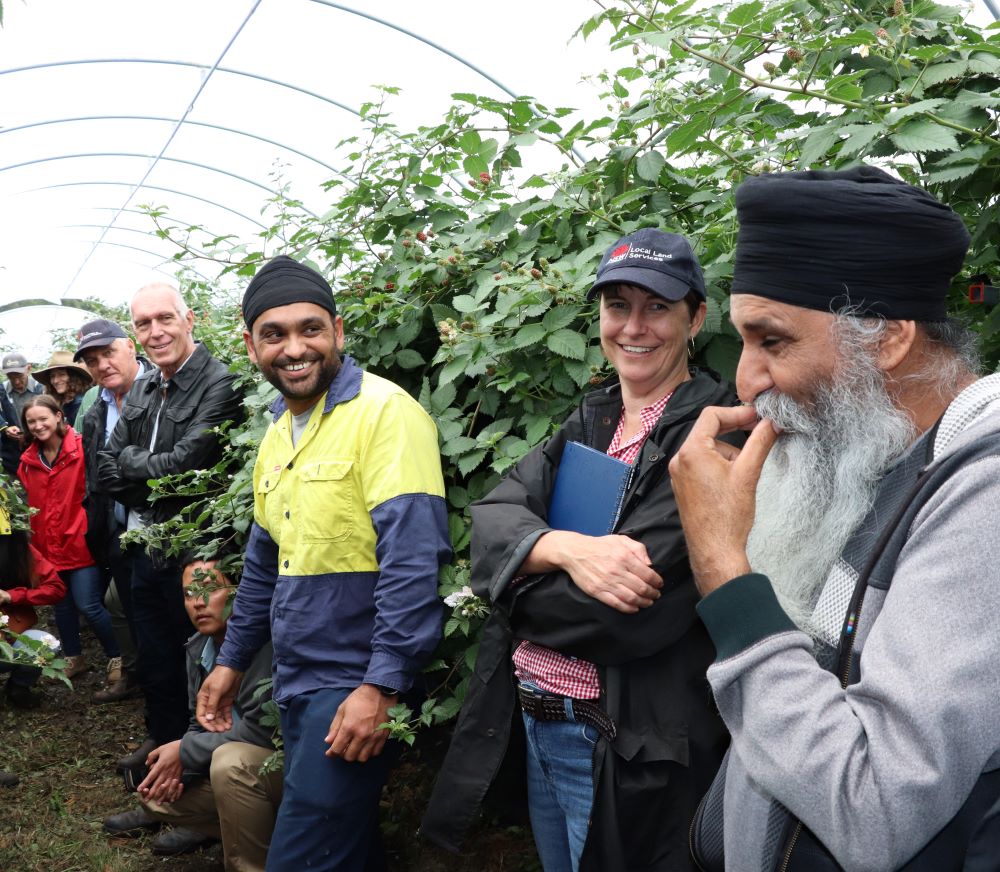
Surviving the deluge
11 May 2022
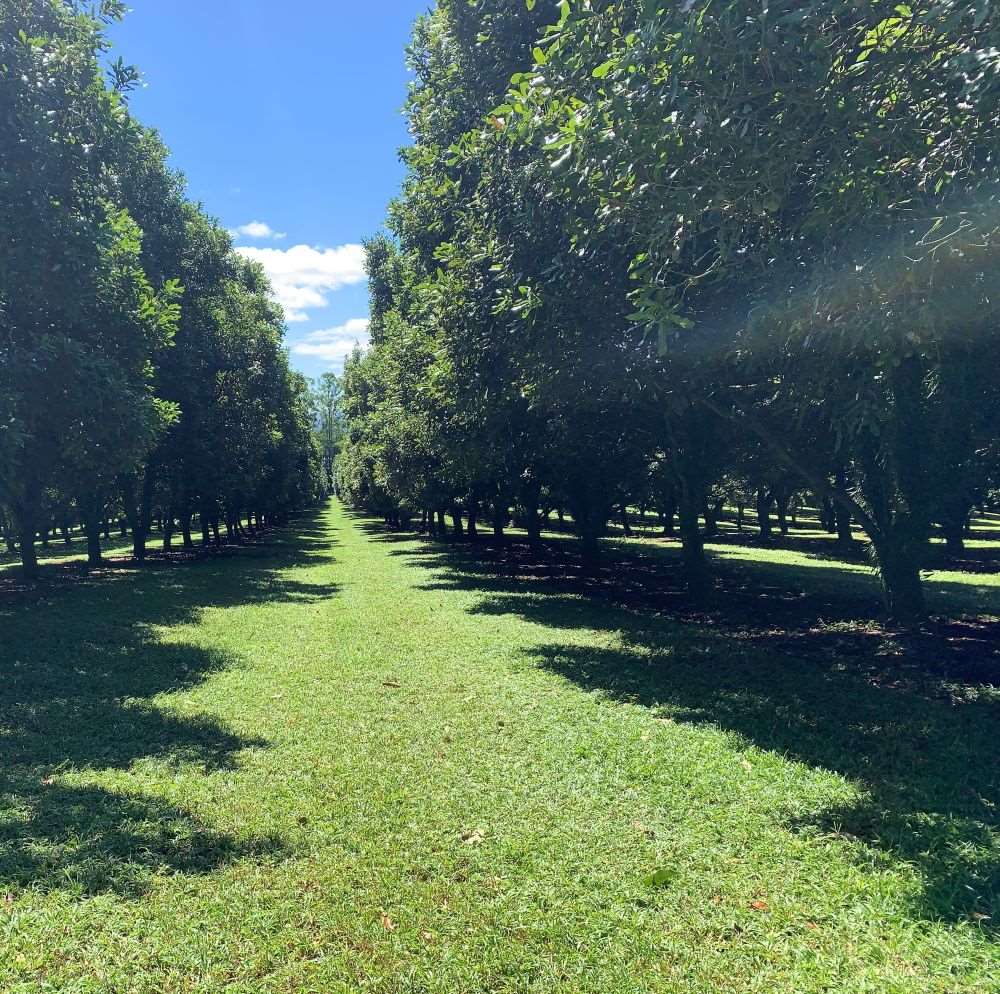
Cooperation is key to Richmond River projects
18 December 2019
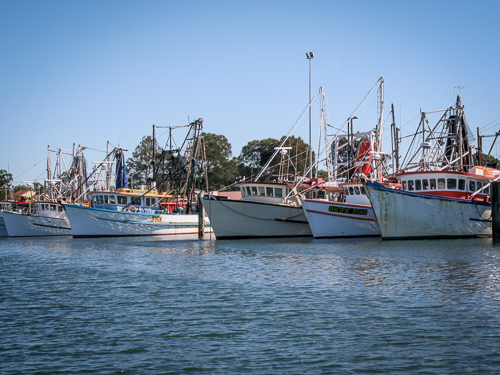
Growers Fertiliser Stewardship Webinar
9 August 2022
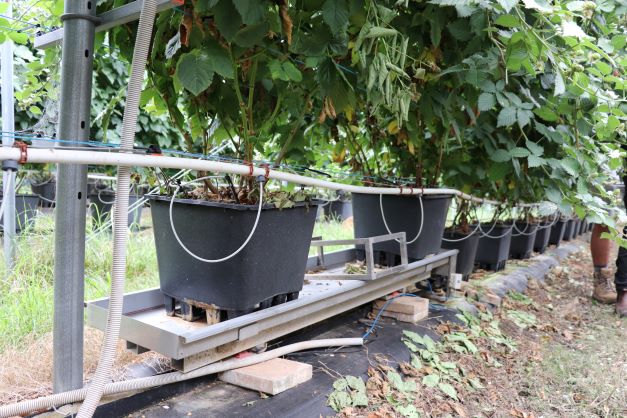
Cutting-edge blueberry research draws a crowd
23 May 2024
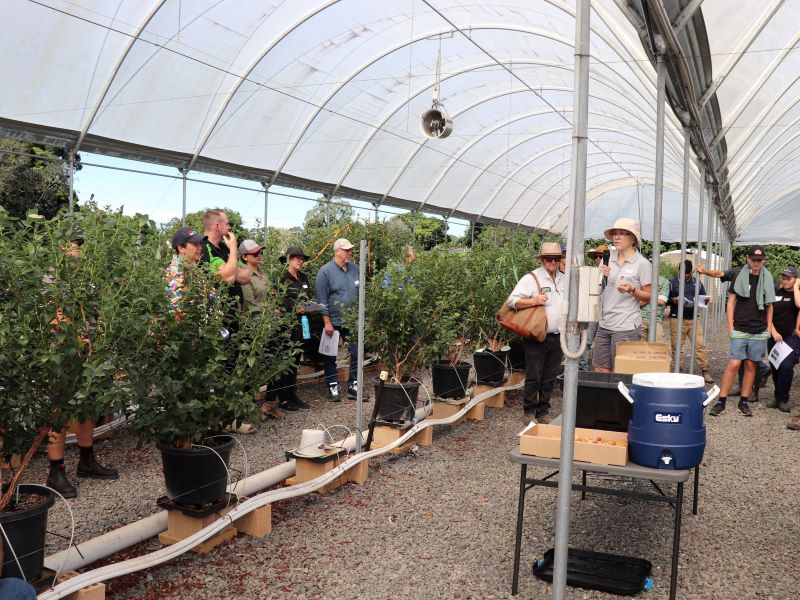
Clean Coastal Catchments October newsletter
27 October 2021
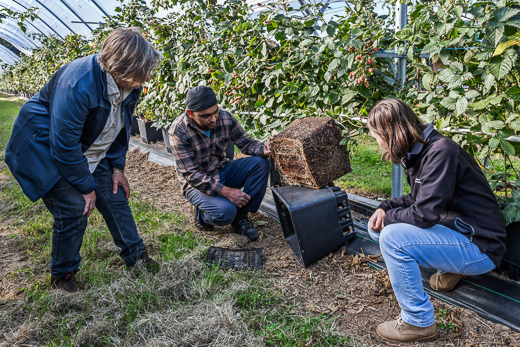
Cutting costs and protecting waterways on the South Coast
11 August 2023
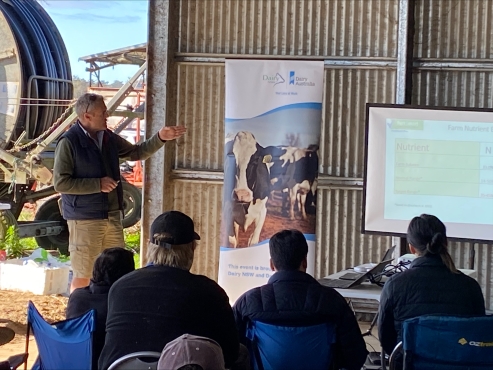
Helping blueberry farmers save water
20 April 2023
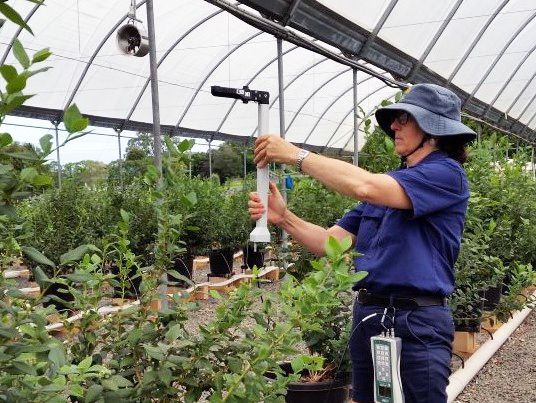
Clean Coastal Catchments Blueberry Research Tunnels Open Day
20 February 2024
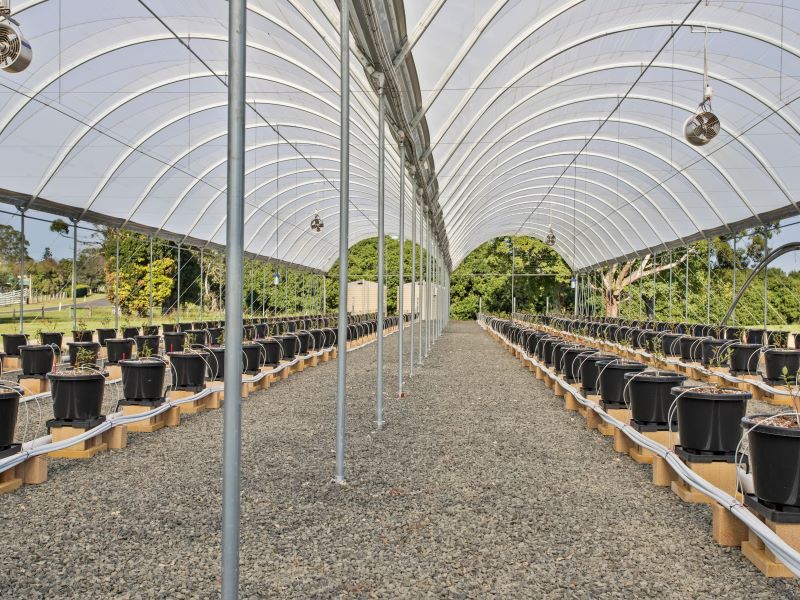
Taking our macadamia research to the world via South Africa
29 November 2023

Research into macadamia erosion
30 March 2021
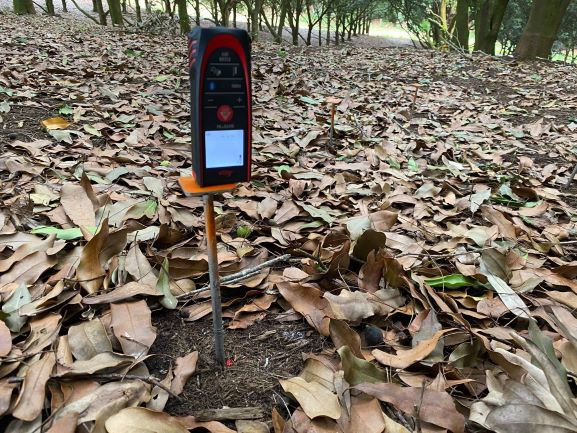
New trial to reduce fertiliser runoff underway
16 December 2022
